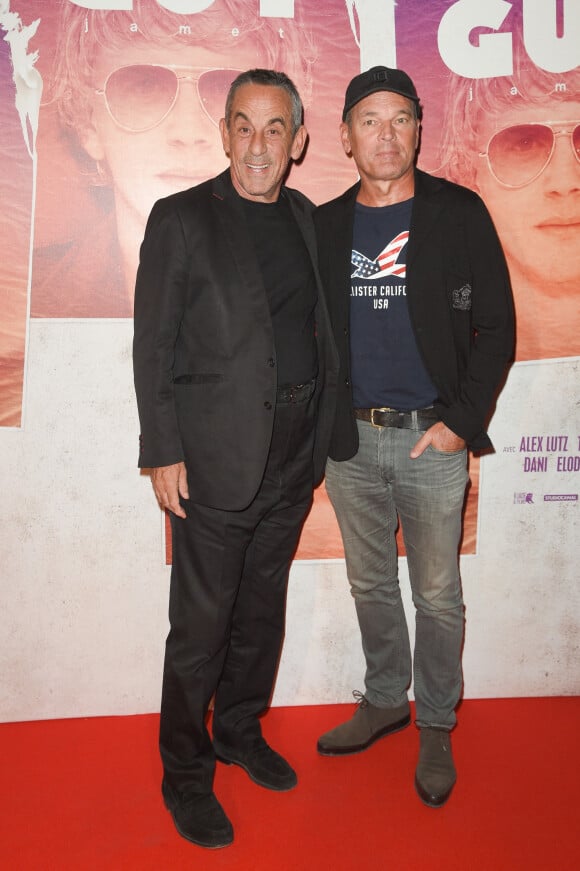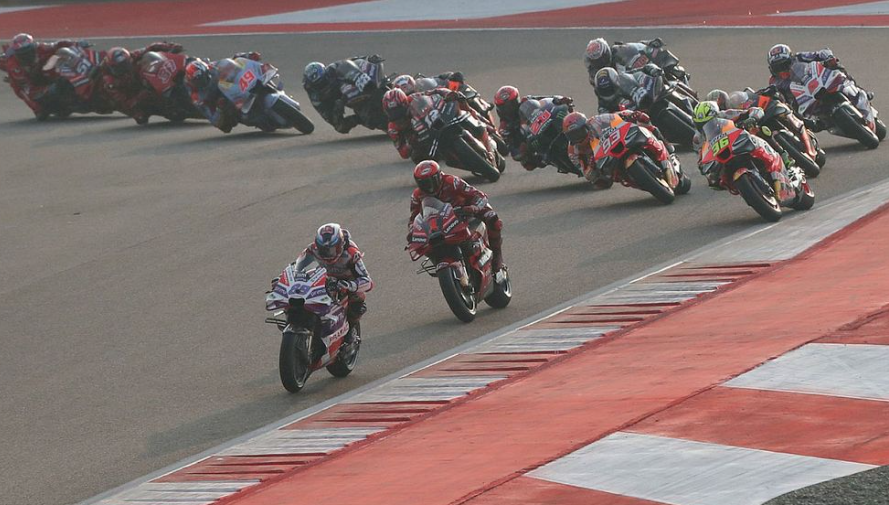The Evolution (and Potential Decline) Of Armando Iannucci's Style

Table of Contents
The Hallmarks of Iannucci's Early Style
The early works of Armando Iannucci, specifically The Thick of It and In the Loop, established the blueprint for his signature style. These shows weren't just political satire; they were masterclasses in comedic timing and character development, built upon several key pillars:
-
Fast-Paced, Improvised-Feeling Dialogue: Iannucci's scripts are famous for their rapid-fire exchanges, often feeling more like improvised conversations than meticulously planned lines. This creates a sense of chaotic energy that perfectly reflects the dysfunction of the political systems he satirizes. The dialogue is dense, layered with insults, witty asides, and perfectly timed interruptions, contributing to the overall comedic effect.
-
Exploiting Political Incompetence: Iannucci's satire doesn't shy away from depicting the sheer incompetence and absurdity of political systems. His characters are often bumbling, self-serving, and utterly oblivious to the consequences of their actions. This incompetence is not played for slapstick; it fuels the darkly comedic situations and highlights the flaws of the systems they inhabit.
-
Witty Verbal Sparring: The verbal sparring matches in The Thick of It and In the Loop are legendary. Characters engage in rapid-fire exchanges of insults and cleverly crafted put-downs, showcasing Iannucci's skill at crafting both hilarious and cutting dialogue. These exchanges often reveal character flaws and expose the hypocrisy within the political world.
-
Flawed, Yet Relatable Characters: While often morally dubious, Iannucci's characters are rarely caricatures. They possess a degree of relatable human flaws, making them more engaging and less simply objects of scorn. This relatability, however flawed, grounds the satire and prevents it from becoming too preachy or detached.
The Thick of It and In the Loop stand as prime examples of this style's peak. Scenes like the infamous "Omnishambles" sequence in The Thick of It, or the escalating absurdity of the American-British diplomatic interactions in In the Loop, perfectly encapsulate the frenetic energy and sharp wit that defined his early work.*
The Transition to Veep and Beyond
With Veep, Iannucci transitioned to a more character-driven narrative, though the signature satirical wit remained. The shift to American politics provided a new landscape for his observations, but the core elements of his style adapted and evolved:
-
Character-Driven Comedy: Veep, while still politically satirical, prioritized character arcs and development. Selina Meyer, played brilliantly by Julia Louis-Dreyfus, became the focal point, allowing for a more nuanced exploration of political ambition and the corrosive effects of power.
-
Subtlety in Satire: The satire in Veep is often more subtle than in his earlier works. While the incompetence is still present, it's interwoven more intricately into the characters’ actions and motivations, adding layers of complexity.
-
Cynicism vs. Overt Anger: The cynicism in Veep is palpable, but it's a quieter, more insidious cynicism than the overt anger and frustration displayed in The Thick of It. This shift reflects a change in both the comedic approach and perhaps, a reflection of the changing political climate.
-
Succession and the Iannucci Legacy: Succession, while not directly written by Iannucci, shares a distinct DNA with his style. The show captures the same dysfunctional dynamics, showcasing the corrosive effects of power and wealth within a family-owned media empire. This suggests a continuation, even an expansion, of Iannucci's thematic concerns, albeit with a different setting and a somewhat different tone.
The Refined Style of Veep: A Deeper Dive
Veep's success lies in its masterful blend of political satire and character-driven comedy. Julia Louis-Dreyfus' portrayal of Selina Meyer is a masterclass in comedic timing and nuanced performance. The show meticulously weaves its satire into the very fabric of Selina's character arc, exploring the compromises she makes and the toll of her ambition. The dark humor and cynical observations regarding the political process resonated deeply with audiences, cementing Veep's place in the history of political comedy. The show's impact is still felt today, influencing the tone and style of many subsequent political comedies.
Signs of a Potential Decline (or Evolution)?
Assessing Iannucci's more recent projects is crucial to understanding the evolution – or potential decline – of his style. While he continues to produce, some argue that the raw energy and blistering pace of his earlier work hasn't been fully replicated.
-
Recent Projects and Critical Reception: While Iannucci's later projects have garnered attention, their critical reception has been more mixed than the unanimous acclaim he received for Veep and The Thick of It. This disparity might indicate a change in audience expectations or a shift in Iannucci's creative approach.
-
Creative Burnout or Evolving Tastes?: The possibility of creative burnout, or simply a change in artistic direction, should be considered. The comedic landscape has changed significantly since The Thick of It, and what resonated with audiences then might not hold the same impact now. The rise of social media and the 24-hour news cycle might also impact the way satire is consumed and perceived.
-
Changing Political Landscape: The political landscape itself is dramatically different from when Iannucci's early works gained prominence. The increased polarization and the sheer volume of political information available might make his brand of satire feel less relevant or less impactful to some audiences.
-
Evolution or Decline?: The question of whether Iannucci's style is simply evolving or declining is complex and open to interpretation. His later works show refinement and a shift in focus, but some argue this comes at the cost of the raw, unfiltered energy that defined his earlier successes.
Conclusion
Armando Iannucci's comedic style, characterized by rapid-fire dialogue, sharp satire, and well-developed characters, has significantly shaped political comedy. His unique brand of political satire, from the frenetic energy of The Thick of It to the nuanced cynicism of Veep, remains influential. While his later works display a more nuanced approach, a debate remains regarding whether the raw energy of his earlier triumphs might be waning. Whether this represents a decline or a natural evolution is a matter of ongoing discussion and critical evaluation. What are your thoughts on the evolution of Armando Iannucci's style? Share your opinions on the lasting impact of his unique brand of political satire in the comments below. Let’s continue the conversation about the legacy of Armando Iannucci and the future of his distinctive comedic style!

Featured Posts
-
 Sinners Louisiana Horror Movies Theatrical Debut Nears
May 26, 2025
Sinners Louisiana Horror Movies Theatrical Debut Nears
May 26, 2025 -
 Thierry Ardisson Prend La Defense De Laurent Baffie
May 26, 2025
Thierry Ardisson Prend La Defense De Laurent Baffie
May 26, 2025 -
 Office365 Executive Inboxes Targeted Millions Stolen Federal Charges Filed
May 26, 2025
Office365 Executive Inboxes Targeted Millions Stolen Federal Charges Filed
May 26, 2025 -
 Klasemen Moto Gp Jadwal Balapan Silverstone And Pembaruan Terbaru
May 26, 2025
Klasemen Moto Gp Jadwal Balapan Silverstone And Pembaruan Terbaru
May 26, 2025 -
 Formula 1 Monaco Gp Fp 1 Leclerc On Top Verstappens Close Chase
May 26, 2025
Formula 1 Monaco Gp Fp 1 Leclerc On Top Verstappens Close Chase
May 26, 2025
